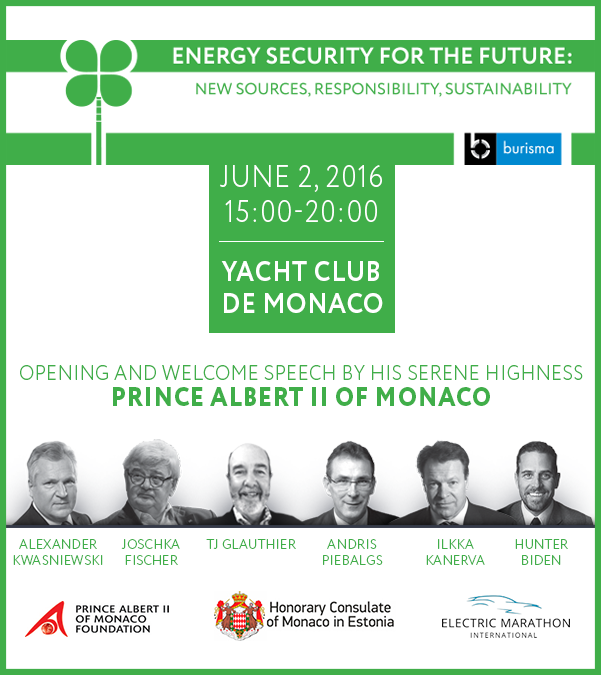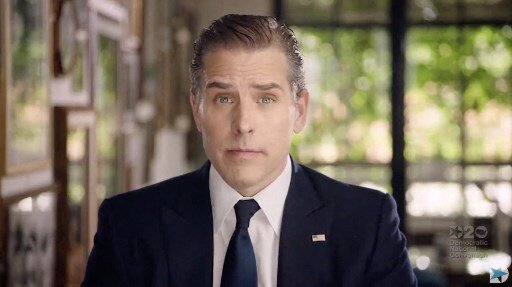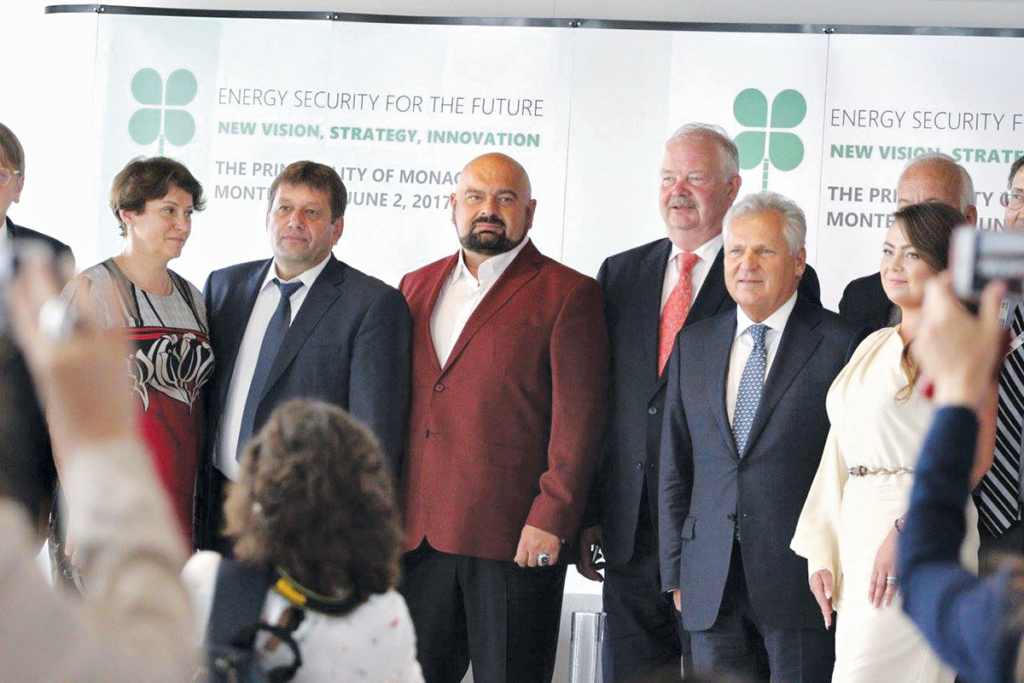When Hunter Biden in 2014 joined the corruption-tainted Ukrainian private energy firm Burisma, his father, then-Vice President Joe Biden, told him: “I hope you know what you’re doing.”
It turns out, he didn’t.
He wasted much of his $50,000 a month salary on crack cocaine, luxury cars and, apparently, prostitutes.
“Burisma turned into a major enabler during my steepest skid into addiction. While its robust compensation initially gave me more time and resources to look after my brother (Beau, who died of brain cancer in 2015), it played to the worst aspects of my addictive impulses after his death… by that mad, bad end, the board fee had morphed into a wicked sort of funny money. It hounded me to spend recklessly, dangerously, destructively. Humiliatingly. So I did.”
All these gruesome details and many more are included in Hunter Biden’s “Beautiful Things,” an autobiography marketed as an unflinching exposé of the life, times and addiction struggles of President Joseph Biden’s surviving son. It was released on April 6.
Ukrainians and those interested in Ukraine may find the “Burisma” chapter the most compelling one to read.
In it, Hunter Biden sought to justify his $600,000 yearly salary for service on the board of directors of Burisma, the energy firm owned by Mykola Zlochevsky, a former ecology minister under Viktor Yanukovych, the Kremlin-backed Ukrainian president who fled to Russia on Feb. 22, 2014, amid the EuroMaidan Revolution.
Hunter Biden served on Burisma’s board for five years. He started in April 2014, needing money as his alcoholism worsened, and he quit in April 2019.
By his own admission, he had no experience in the oil & gas business. But he had two things going for him: He claimed to be well-versed in modern corporate governance and, of course, his father at the time was the vice president of the United States in Barack Obama’s administration.
“The irony, of course, is that my name’s weight in Ukraine came from my dad’s position as point main for the administration’s push to get the country to clean up its act,” he wrote.

A June 2, 2016, energy conference in Monaco co-sponsored by Ukraine-based Burisma energy firm featured a high-powered board of directors five years ago, including, at far left, ex-Polish President Alexander Kwasniewski, and, at far right, Hunter Biden, the son of now-President Joseph R. Biden Jr.
One of the revelations contained in the book is that Alexander Kwasniewski, the former president of Poland and Burisma board member, heavily recruited Hunter Biden to join the firm.
Kwasniewski’s pitch “framed Burisma as critical to maintaining the country’s independence,” according to the book, quoting the former Polish president: “The only bulwark against that (Russian) aggression is to strengthen the independent, nongovernmental entities that can give Ukraine the chance to blossom.”
Kwasniewski also said that Russia coveted the energy assets of Ukraine, including Burisma, and so having a board member of Biden’s stature would be a form of protection for the company’s assets.
The president’s son was moved by Kwasniewski’s description of “Russian troops massed along Ukraine’s eastern border, near where many of Burisma’s natural gas fields are located.”
He wanted to protect Burisma from Russia, who Kwasniewski told him was attacking Burisma as much as it was attacking Ukraine. In Hunter Biden’s mind, he was choosing good over evil, Zlochevsky over Vladimir Putin.
“It was inspiring. It was consequential. And, to be honest, the pay was good,” he wrote.
However, Hunter Biden’s justifications — and those attributed to recruiter Kwasniewski — don’t hold up well under scrutiny.
Oliver Bullough is the author of “Moneyland,” a critically acclaimed 2018 book chronicling elite-level corruption and tax avoidance. It highlighted Burisma as one of its case studies. In an interview with the Kyiv Post, Bullough voiced his strong skepticism of Hunter’s justification of his past employment.
“It doesn’t make any sense at all. Putin’s interest in Ukrainian natural resources is in gas transportation. I don’t think Gazprom feels particularly threatened by Burisma or any other Ukrainian natural resources company, so that (claim) strikes me as pretty absurd.”
Hunter Biden, noting Ukraine’s reputation for corruption, claimed to have done his due diligence on Burisma.
But he didn’t seem bothered by the fact that Zlochevsky, who started Burisma in 2002, worked as ecology minister for the Kremlin-backed Yanukovych from 2010-2012, during which he awarded his own company lucrative licenses for oil & gas exploration. He also evidently wasn’t bothered by the fact that Zlochevsky fled Ukraine in late 2014 because he had come under criminal investigation for illegal enrichment from his time in public office, which also included a stint from 2012-2014 as deputy secretary of the powerful National Security and Defense Council.

Hunter Biden in 2020. (AFP)
Hunter Biden acknowledged that Nardello & Co., the global investigative firm he put on the case of investigating Burisma, missed a few things.
“I should note that none of the investigators knew of a probe into Zlochevsky that had just gotten under way in the United Kingdom. Officials there froze Zlochevsky’s London bank accounts containing $23 million while they looked into money laundering allegations. The UK’s Serious Fraud Office eventually unfroze the assets in early 2015 and dropped the case three years later.”
There’s a lot missing here by way of explanation: Evidence emerged that prosecutors deliberately sabotaged the criminal case in exchange for a $7 million bribe, leaving UK authorities with no other choice but to unfreeze the money and close their case.
Hunter Biden simply chose to overlook the flashing red warning lights tying Zlochevsky to corruption and a Kremlin-friendly administration.
“Burisma checked all the important boxes,” he wrote. “I did not drill down to determine whether or not Zlochevsky acquired his wealth fairly during the decade of kleptocracy and corruption that dated back to when Ukraine was a former republication of the Soviet Union. I saw someone who was attempting to break with Russian influence…It would be easy to look at Zlochevsky and say that he’s part of the problem. But you have to start somewhere.”
And: “To put it more bluntly, having a Biden on Burisma’s board was a loud and unmistakable fuck you to Putin.”
Bullough also dismissed this claim.
“You shouldn’t try to claim that (the Burisma job) is something other than it is, which is just turning up in order to get money to spend on crack, then somehow claiming that it was standing up to Vladimir Putin. I mean, it’s ridiculous.”
Overall, Bullough assesses the Burisma chapter as a “weirdly incoherent argument,” asserting that Hunter Biden “seemed to be trying to make three arguments simultaneously: firstly that he hadn’t done anything wrong, secondly that he had only done it for the money, and thirdly that he wasn’t as bad as (Donald J.) Trump’s children. They don’t work together, and I’m not sure if any of them particularly work on their own.”
Of course, Hunter Biden’s association with Burisma damaged his father politically.

Lawmaker Nina Yuzhanina (L), Deputy Prime Minister Volodymyr Kistion (second from L) and ex-Ecology Minister Mykola Zlochevsky (C) attend an energy summit in Monaco on June 2, 2016. ((Energy Security for the Future) )
Republicans opened up a baseless line of attack that the vice president forced ex-President Petro Porosheno to oust Ukrainian Prosecutor General Viktor Shokin because he was actively investigating Zlochevsky’s company. In reality, Shokin wasn’t going after Burisma and Poroshenko fired him in 2016 — at the insistence of Biden and many others in Ukraine and abroad — because he wasn’t prosecuting anyone for corruption.
The younger Biden wrote he wouldn’t join a firm like Burisma again. “Did I make a mistake by taking a seat on the board of a Ukrainian gas company? No. Did I display a lack of judgment? No. Would I do it again? No.”
Bullough believes that the biography is “not just a bit of an indictment of Hunter Biden’s approach to finding business opportunities, but also a pretty striking indictment of the entire Western approach to looking at how business works in a kleptocracy. If you’re not going to examine the way power and money interact in a country like Ukraine, then what’s the point of looking into anything at all?”
Postscripts on Hunter Biden and Zlochevsky:
The president’s son now faces an investigation into tax evasion as he suffers the personal embarrassment of having the contents of a laptop he forgot about are published by many outlets. And, as he has been telling interviewers in promoting his book, he lives in fear of relapse.
Meanwhile, his former boss Zlochevsky is currently a fugitive from the law in Ukraine, where he has been wanted since July 2020 on suspicion of bribery, involving an alleged attempt to pay the National Anti-Corruption Bureau of Ukraine $6 million to stop investigating him.
